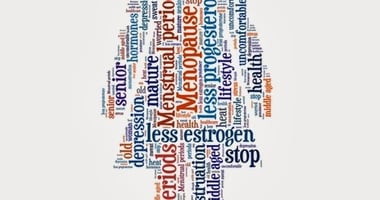A study published this week in JAMA Psychiatry shows that the age at onset of menopause may...
Guidelines for Treating Perimenopausal Depression Released
 |
The guidelines were jointly published in the journals Menopause and the Journal of Women's Health.
“The notion of a menopause-associated depression … has been the focus of clinical and scientific debate for years,” wrote the panel members. “The lack of consensus on this issue has also led to a lack of clarity [on] how to evaluate and treat depression in women during the menopausal transition and postmenopausal period.”
The expert panel, co-chaired by Pauline Maki, Ph.D., of the University of Illinois at Chicago College of Medicine and Susan Kornstein, M.D., of Virginia Commonwealth University focused on five areas: epidemiology, clinical presentation, effects of antidepressants, effects of hormone therapy, and efficacy of other therapies such as psychotherapy and exercise.
The recommendations made by the panel include the following:
- Proven therapeutic options for depression such as antidepressants and psychotherapy are best for treating major depressive episodes during perimenopause.
- Existing data suggest that antidepressants can be given to perimenopausal women at doses typically prescribed to adults.
- There is some evidence that estrogen therapy has antidepressant effects when administered to perimenopausal women with depression. However, estrogen therapy has been shown to be ineffective as a treatment for depressive disorders in postmenopausal women.
- Hormonal contraceptives may improve depressive symptoms in women approaching menopause.
To read more about depression and menopause, see the Psychiatric News article “Older Age at Menopause May Reduce Risk of Depression.”
(Image: iStock/FilippoBacci)






